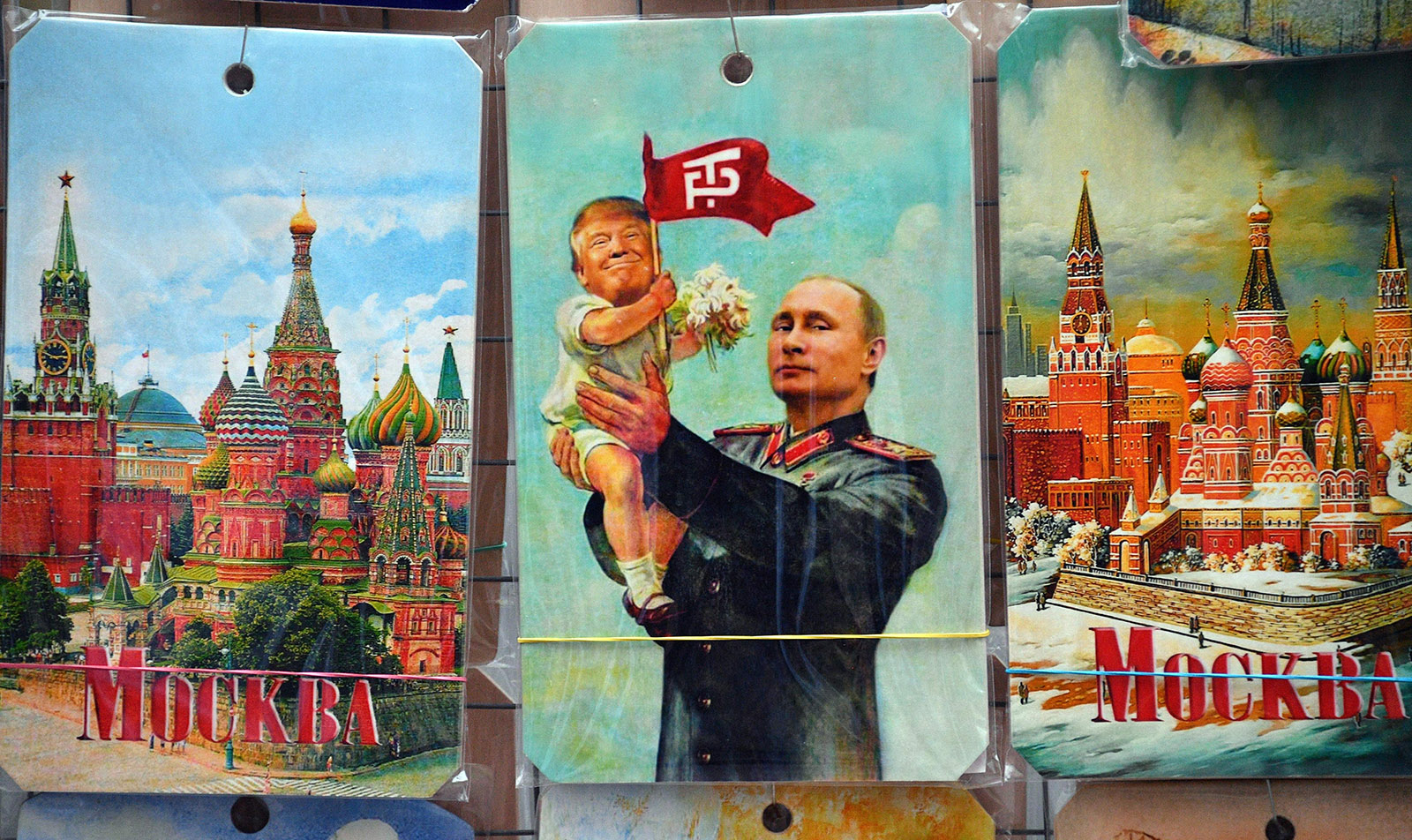Departures Podcast with Peter Pomerantsev

I will be honest – I was personally very excited to have Peter Pomerantsev come on to the podcast for today’s episode. Not just because he’s extraordinarily well versed in modern day Russian politics and brings a distinctive, sharp critical voice to the almost unfathomable levels of crookery and corruption that characterizes that country’s government, but also because Pomerantsev’s writings on the information war have done so much to advance our understanding of the strategy, tactics, and long-term meaning of a political world without facts, truth, or a conception of the future.
In our conversation on the podcast, we discuss in particular the late Svetlana Boym’s conceptions of restorative nostalgia and reflexive nostalgia, and how we can see these working similarly in the political messaging of Vladimir Putin (urging Russia to “rise from its knees”) as well as Donald Trump (a slogan so well known it’s quite unnecessary to write it again here).
Pomerantsev argues that there really no shared political ideology between the modern-day populists of the world. What unites them is that they are all nostalgists, that they have mobilized an imagined version of each country’s historical past greatness and put that at the core of their political messaging.
None of these leaders have any coherent vision of the future that they present to voters, Peter says, and this absence of any conception of future is a problem deeply rooted in the information wars which have moved from the obscurity of the post-Soviet space into the mainstream of U.S. politics.
I recommend curious readers to pick up a copy of Pomerantsev’s excellent recent new book, “This Is Not Propaganda,” which explores these theories and looks at how the manipulation of media, memory, and reality is having a direct personal and social impact on the lives of everyone living in these countries.











